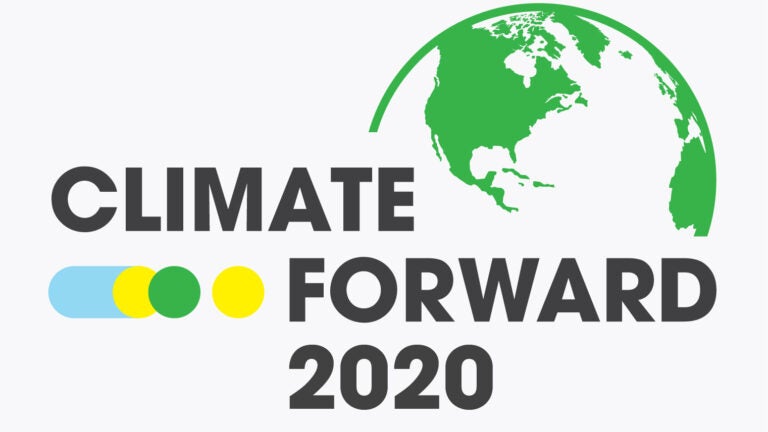
Climate Forward 2020 explores how to break political roadblocks to climate action
Just about every climate scientist points to human activity as the driving force behind climate change and that we’re going to be in big trouble if we don’t do something about it. The majority of Americans and most of the world’s leading scientific organizations agree.
But you’d never know it based on the response from Washington, D.C. What was once a halting legislative response to climate change has, in many cases, not only ground to a halt but even shifted into reverse.
What gives? And how can we shift back into a forward gear?
Those are the questions that USC Dornsife faculty, politicians and policy makers will discuss at the Climate Forward 2020 conference beginning at 10 a.m. on Oct. 13.
“The focus of the conference is on breaking the political gridlock that blocks action on climate change even as the country is increasingly plagued by record fires and floods,” said Bob Shrum, director of the USC Dornsife Center for the Political Future (CPF).
The event will include welcome remarks from USC President Carol L. Folt and USC Dornsife Dean Amber D. Miller, followed by:
- A discussion between Joe Árvai, the new director of the USC Wrigley Institute for Environmental Studies headquartered at USC Dornsife, and former presidential candidate and climate change activist Tom Steyer.
- A summary of results from the USC Dornsife Daybreak Poll on public attitudes about climate change and the 2020 election.
- A panel discussion moderated by Shrum and Mike Murphy, co-director of the CPF, with New Mexico Gov. Michelle Lujan Grisham; Bina Venkataraman, senior climate adviser for former president Barack Obama’s administration; and Christine Todd Whitman, former governor of New Jersey and administrator of the Environmental Protection Agency during former president George W. Bush’s administration.
“We have a wide range of viable options for addressing the causes and consequences of climate change,” Árvai said, “but we fail spectacularly when it comes to how we make decisions about them.”
For more information and to register for this event, visit the USC Dornsife Center for the Political Future’s website >>